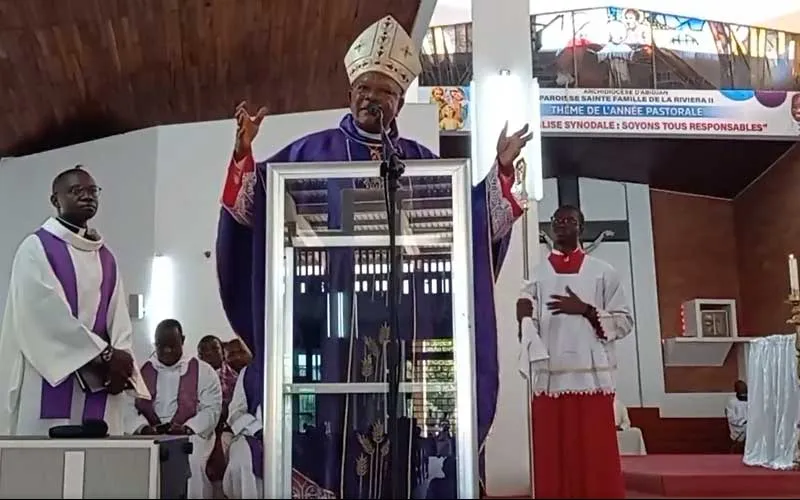Abidjan, 12 December, 2023 / 10:45 pm (ACI Africa).
The first African Congress of Catholic Education that kicked off on December 7 in the economic capital city of Ivory Coast, Abidjan, has ended with calls on African nations to increase their respective education budgets.
In his homily during the Closing Mass of the December 7-10 Congress, the President of the Symposium of Episcopal Conferences of Africa and Madagascar (SECAM) recognized the significant contribution of the Catholic Church to education in Africa.
“Despite the bad news coming from many parts of Africa, we are firmly convinced that God is at work on our continent, and that Africa cannot become a continent of despair,” Fridolin Cardinal Ambongo said during the December 10 Eucharistic celebration at the Holy Family Riviera 2 Parish of Abidjan Archdiocese.
Cardinal Ambongo underscored the need to continue fostering formal education, saying, “Dreaming of a new Africa means above all committing ourselves to investing in the education of our young people, who are not only the future of our society but already its present.”
“If it is true that young people are often presented as the future of Africa; let us also consider them as the present of Africa,” the Local Ordinary of Kinshasa Archdiocese in the Democratic Republic of Congo added.








